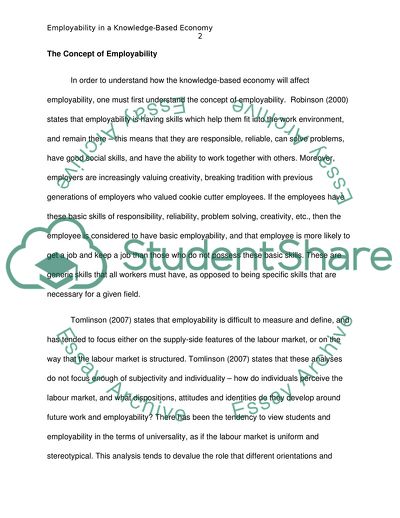Cite this document
(Employability in a Knowledge-Based Economy Coursework, n.d.)
Employability in a Knowledge-Based Economy Coursework. https://studentshare.org/macro-microeconomics/1793921-how-will-the-knowledge-based-economy-drive-employability-opportunities-for-new-graduates
Employability in a Knowledge-Based Economy Coursework. https://studentshare.org/macro-microeconomics/1793921-how-will-the-knowledge-based-economy-drive-employability-opportunities-for-new-graduates
(Employability in a Knowledge-Based Economy Coursework)
Employability in a Knowledge-Based Economy Coursework. https://studentshare.org/macro-microeconomics/1793921-how-will-the-knowledge-based-economy-drive-employability-opportunities-for-new-graduates.
Employability in a Knowledge-Based Economy Coursework. https://studentshare.org/macro-microeconomics/1793921-how-will-the-knowledge-based-economy-drive-employability-opportunities-for-new-graduates.
“Employability in a Knowledge-Based Economy Coursework”. https://studentshare.org/macro-microeconomics/1793921-how-will-the-knowledge-based-economy-drive-employability-opportunities-for-new-graduates.


